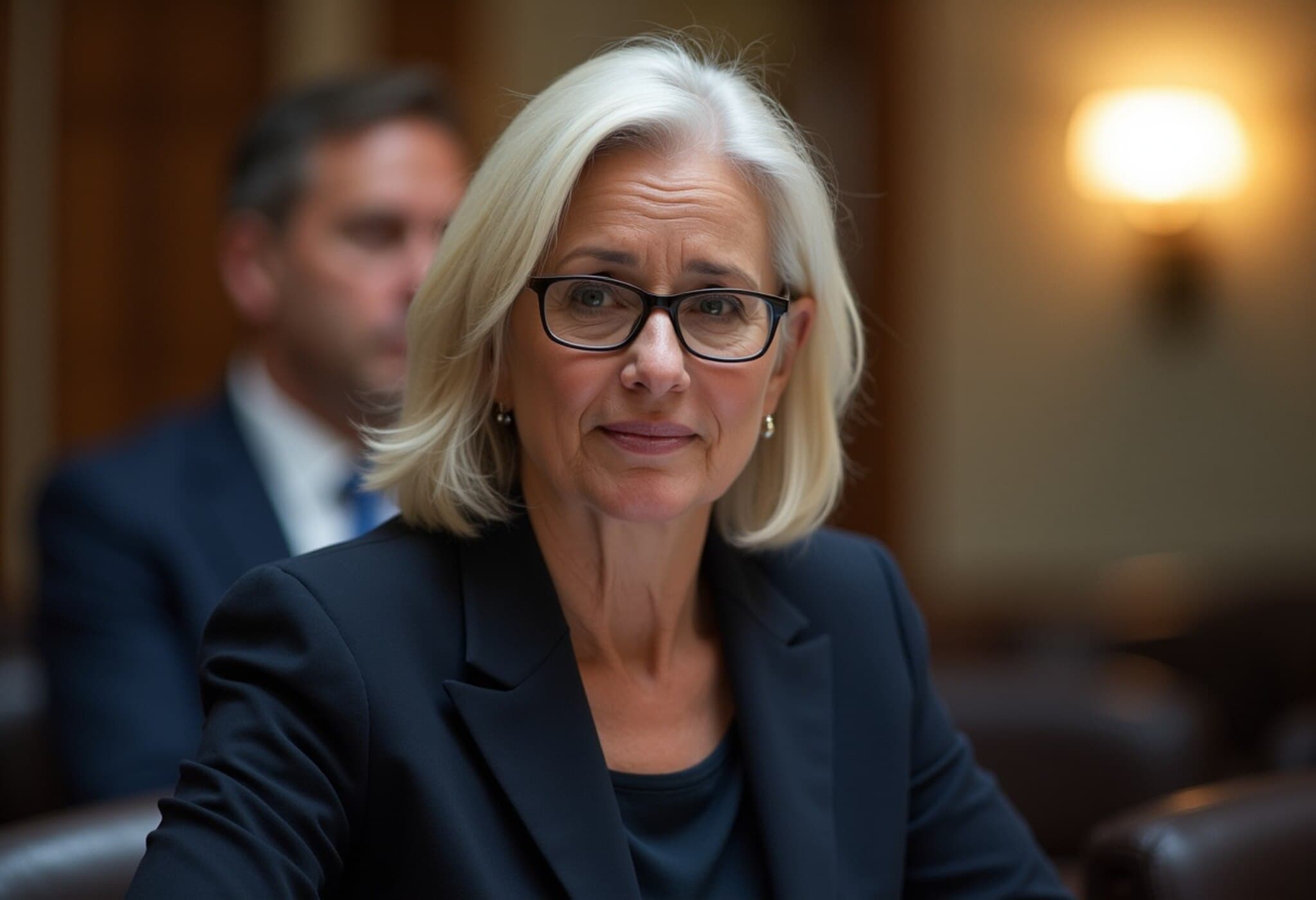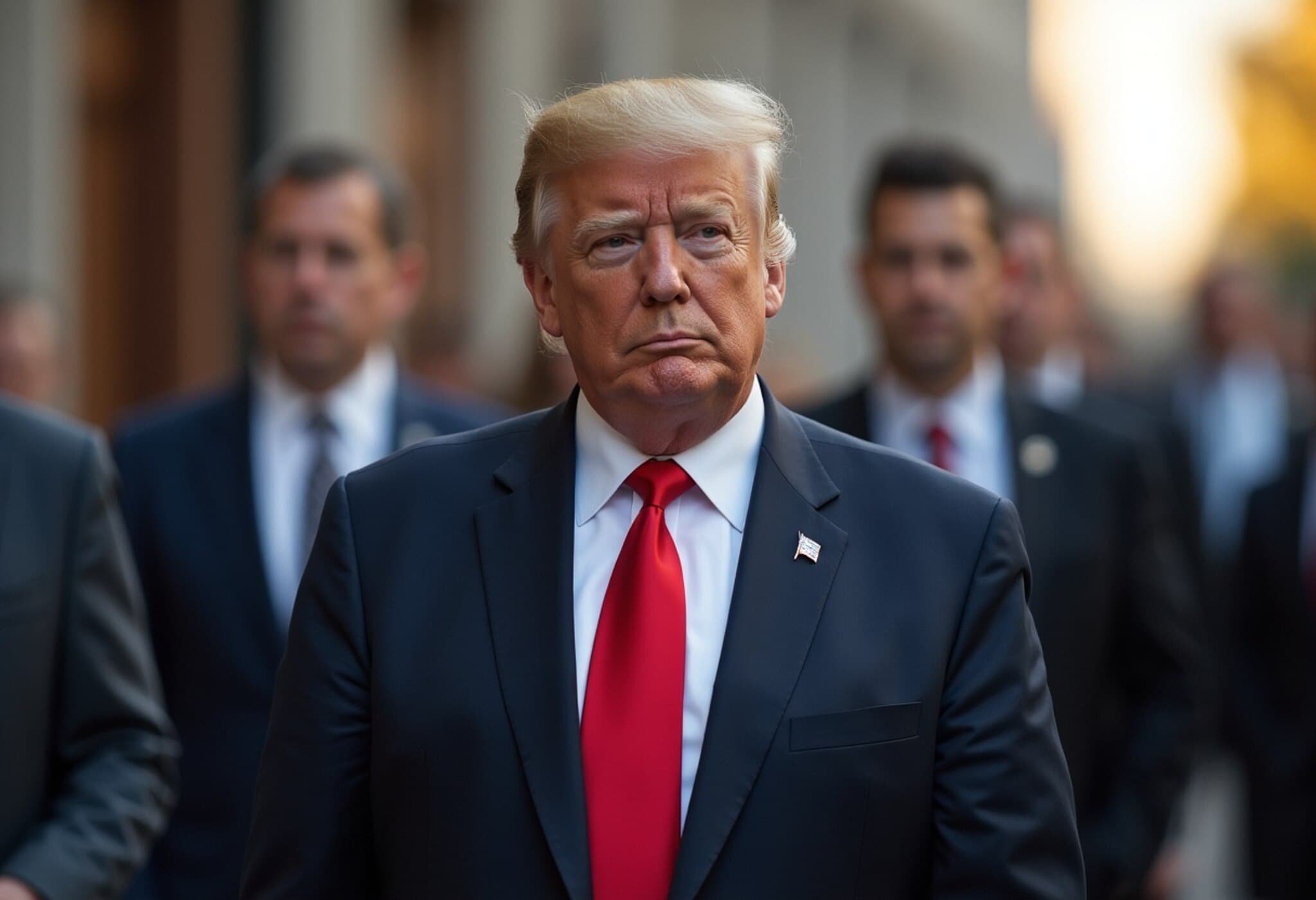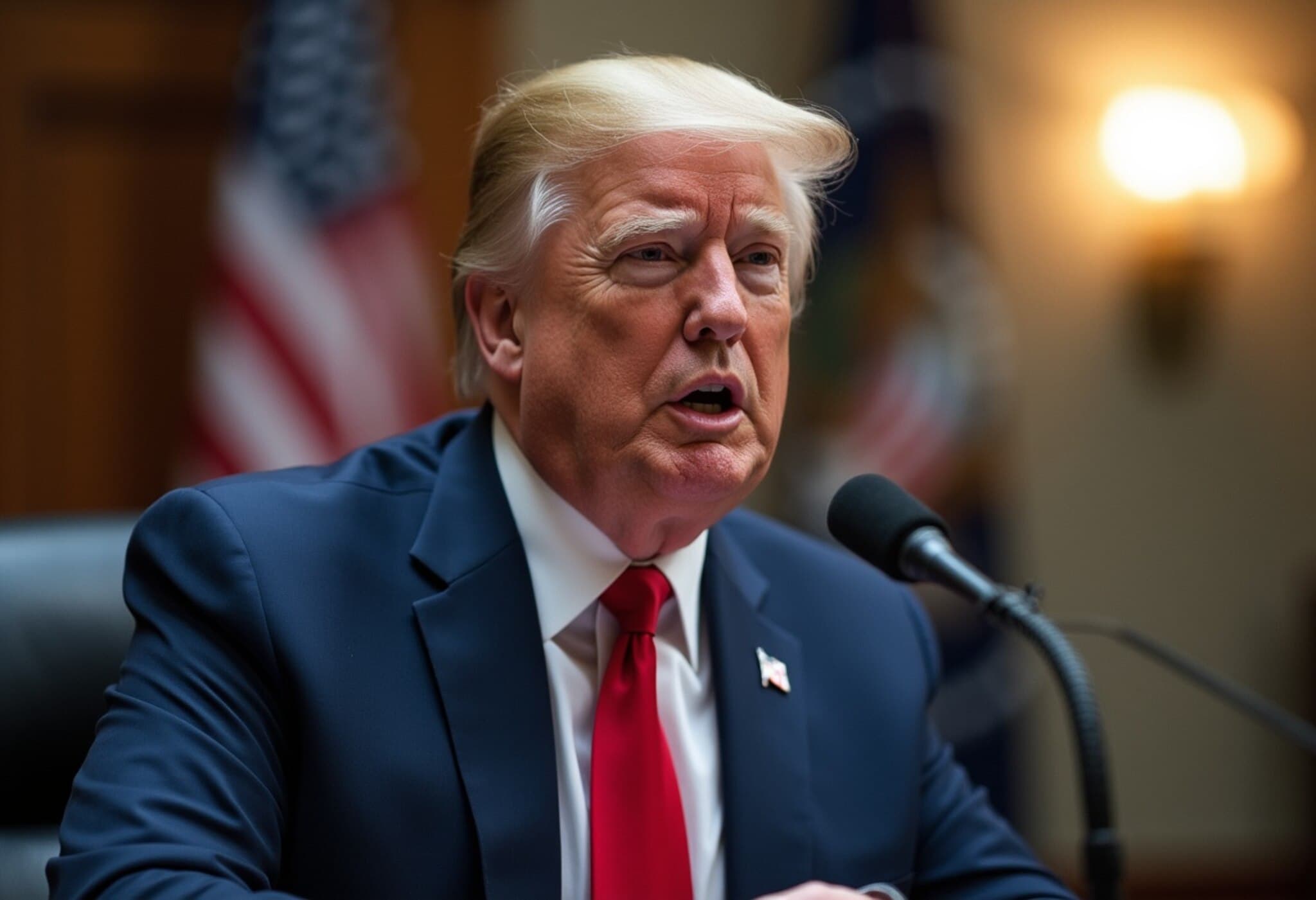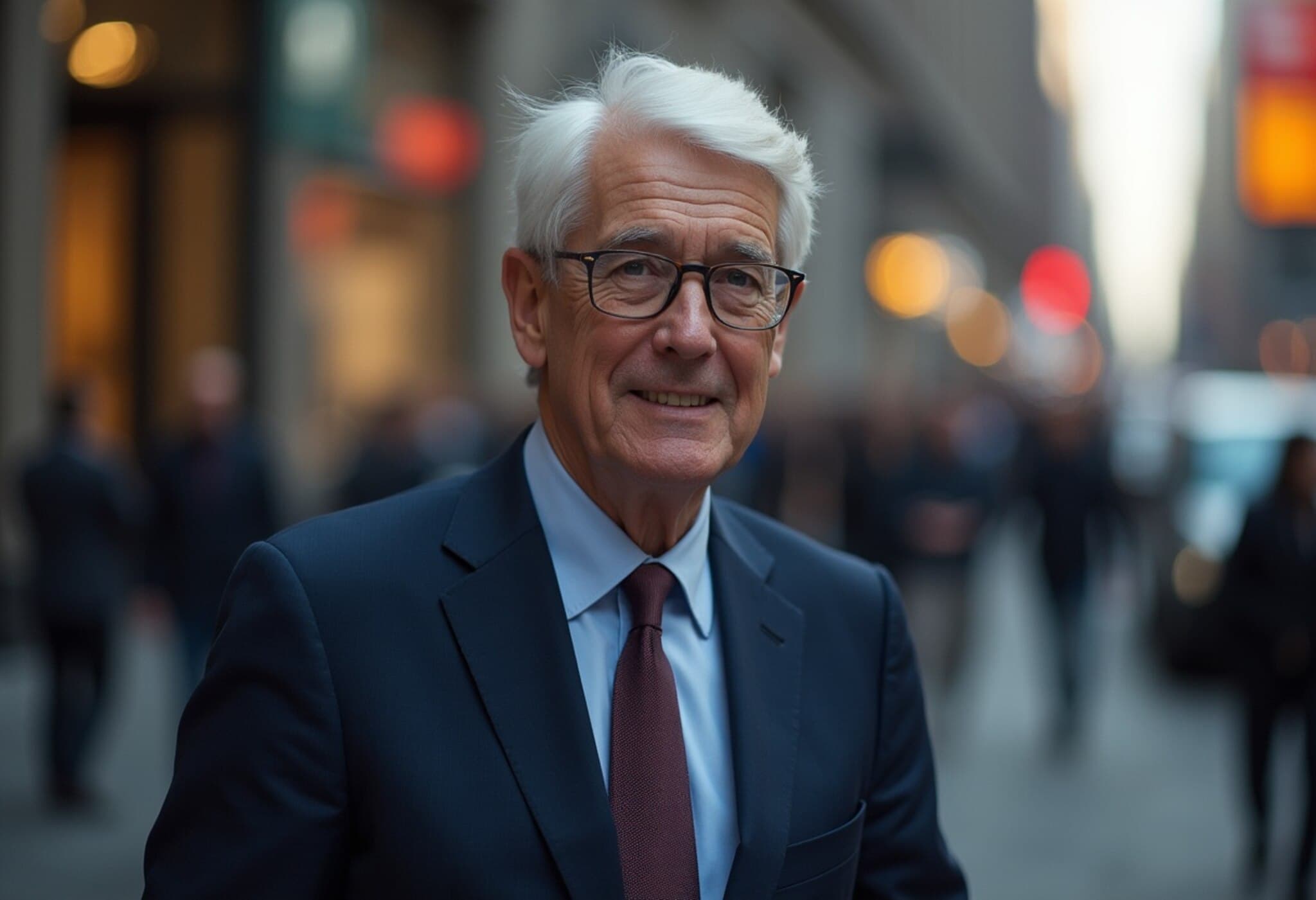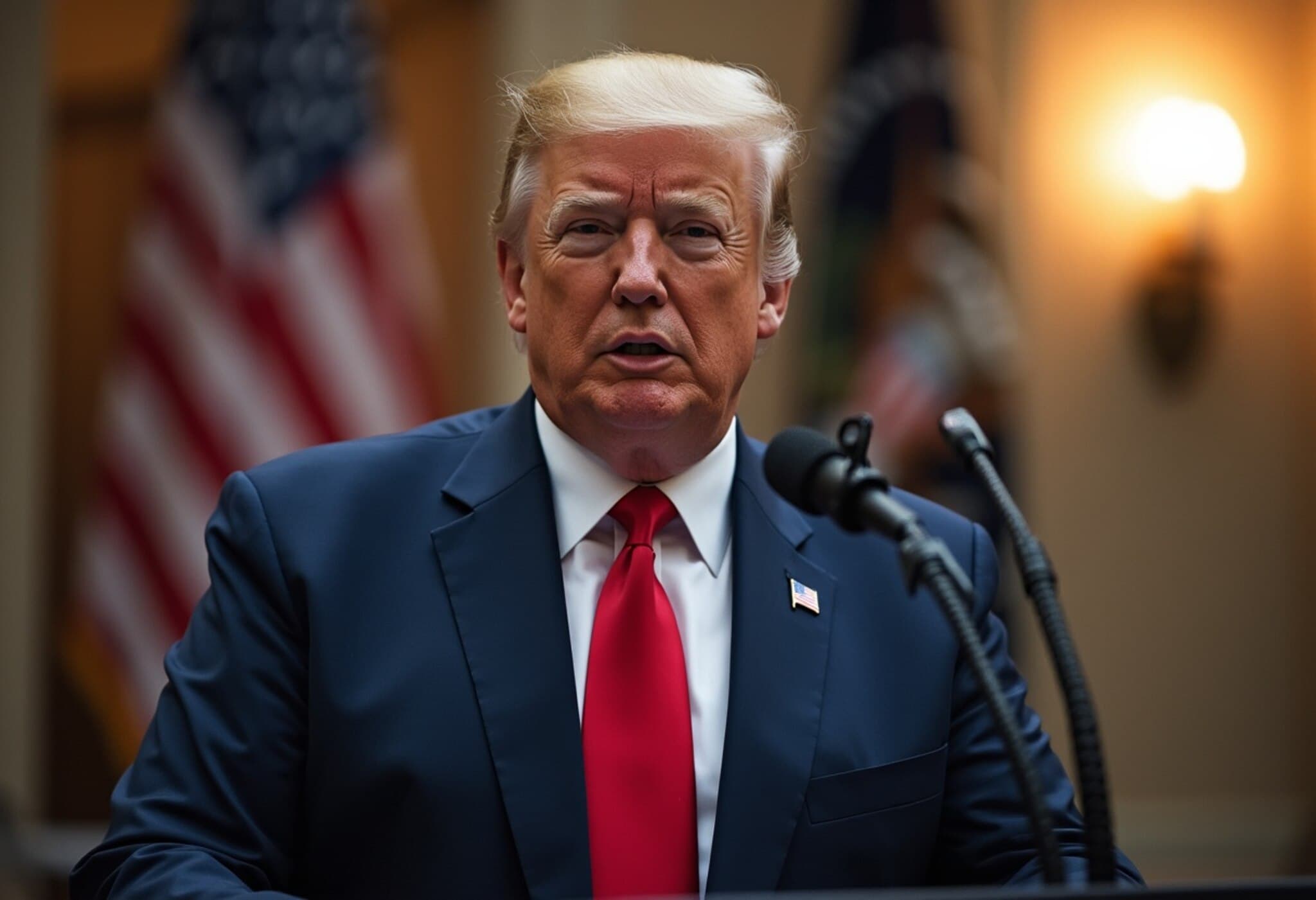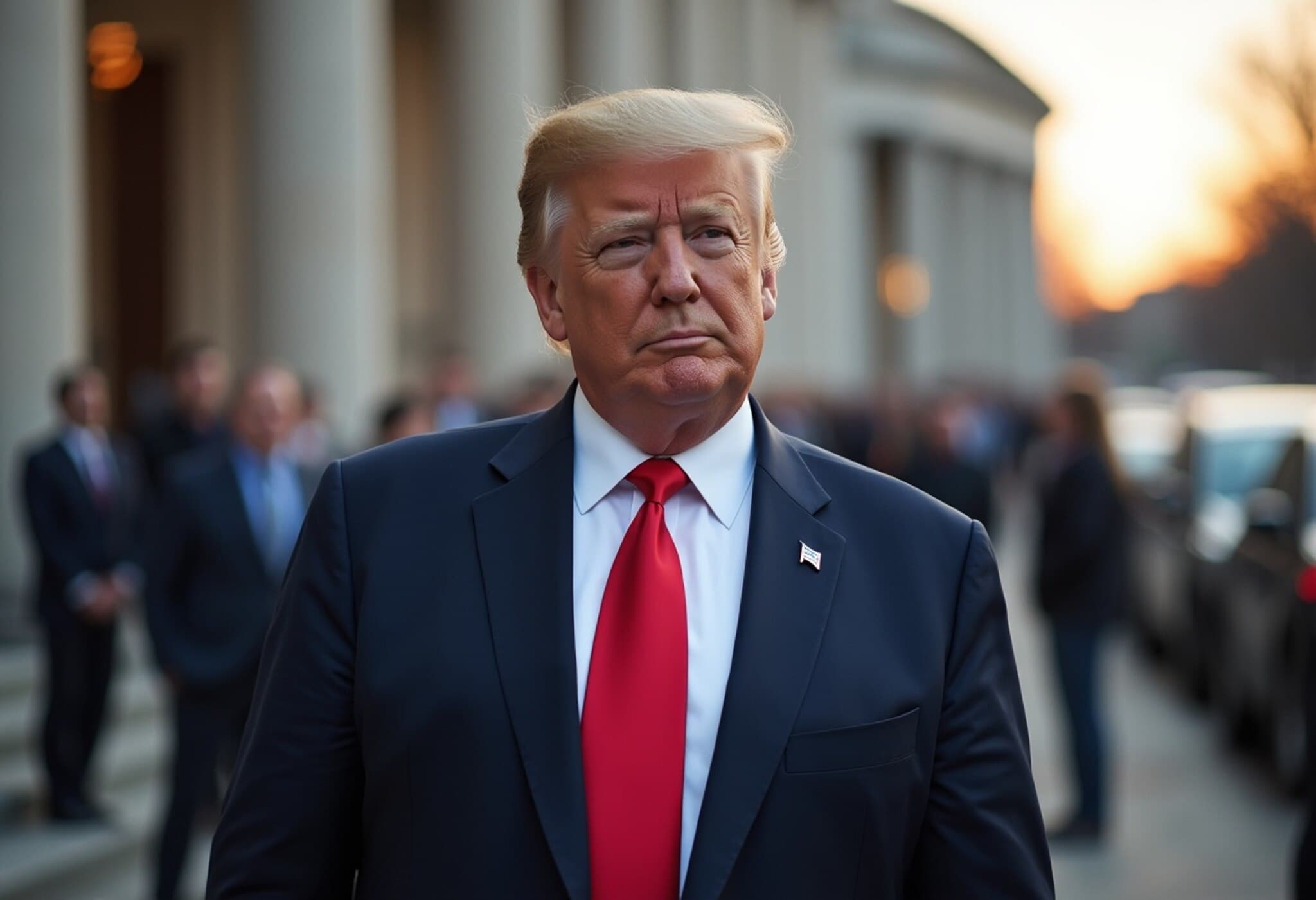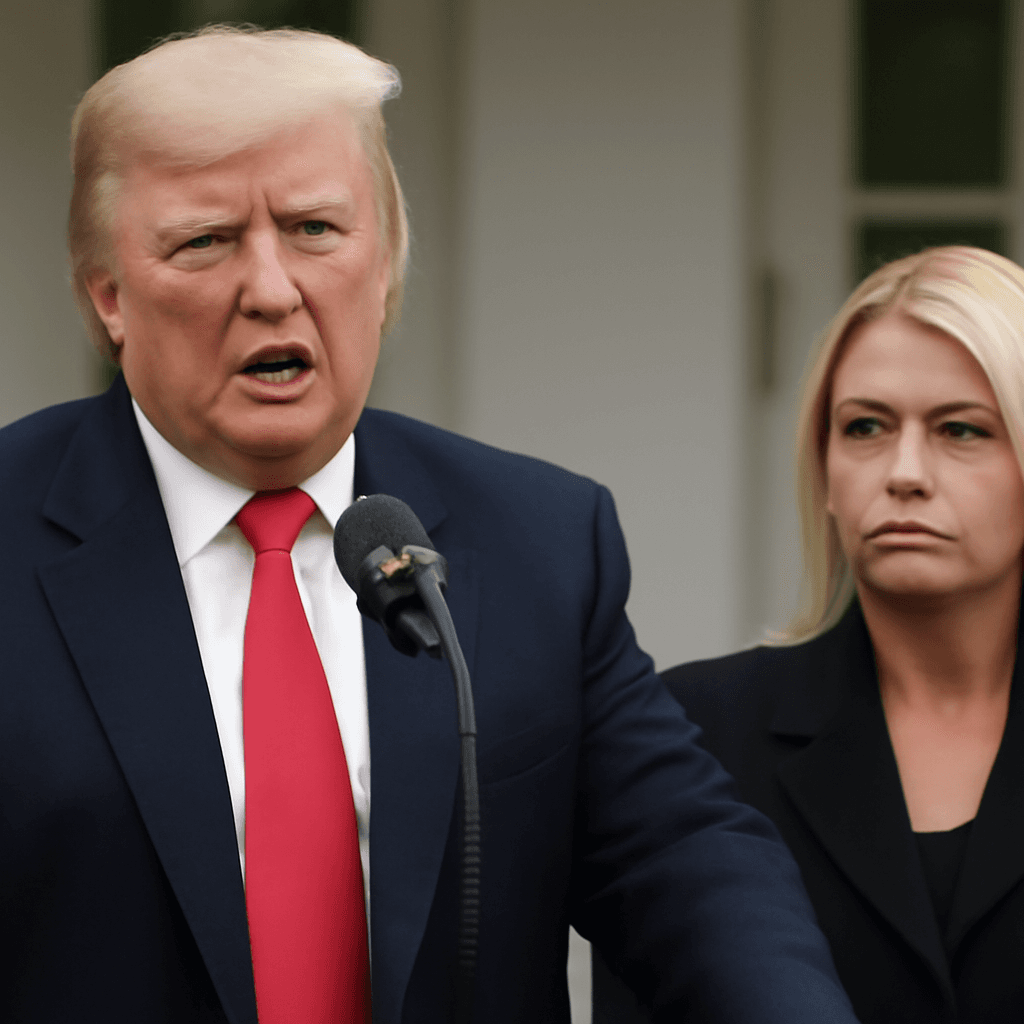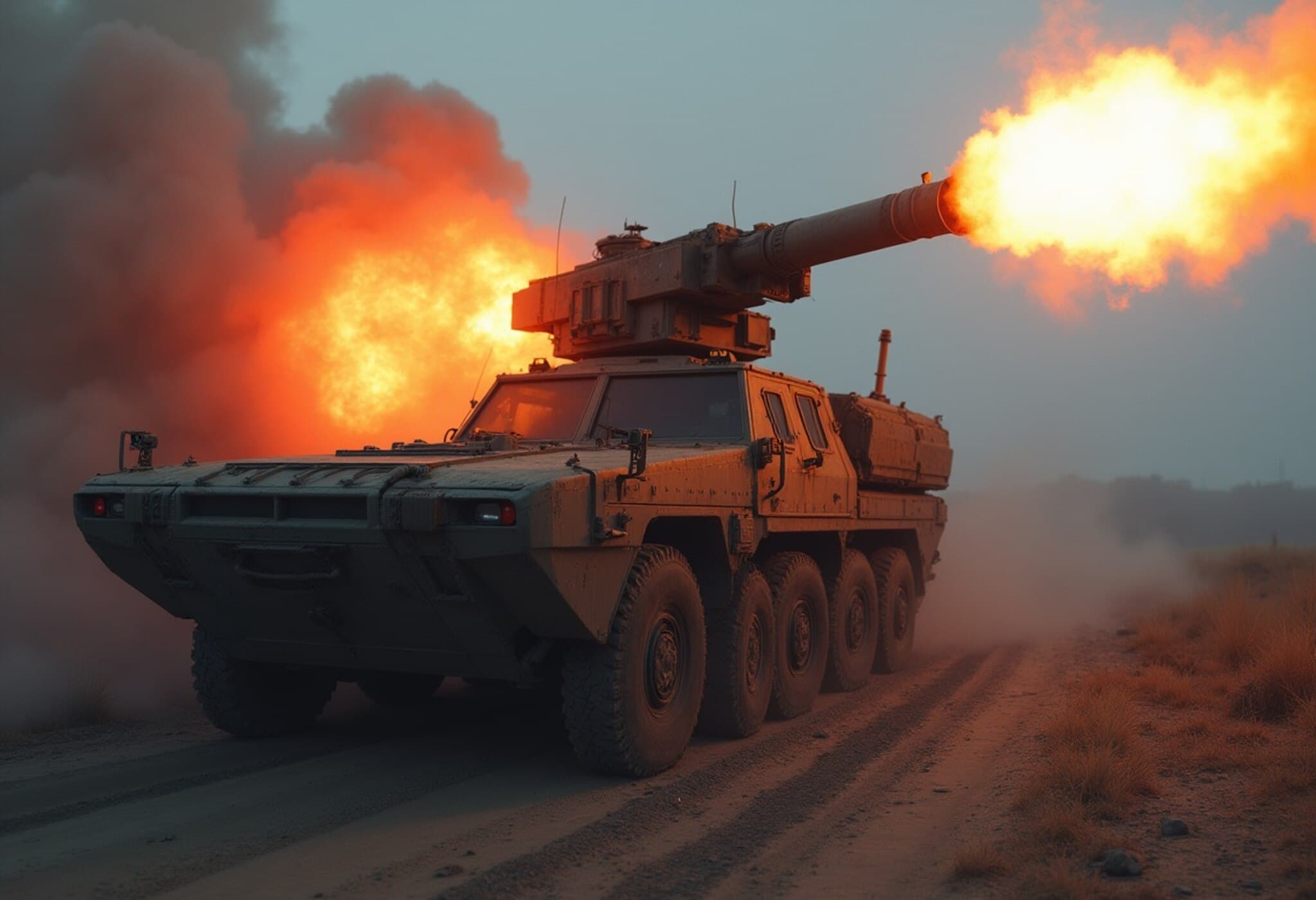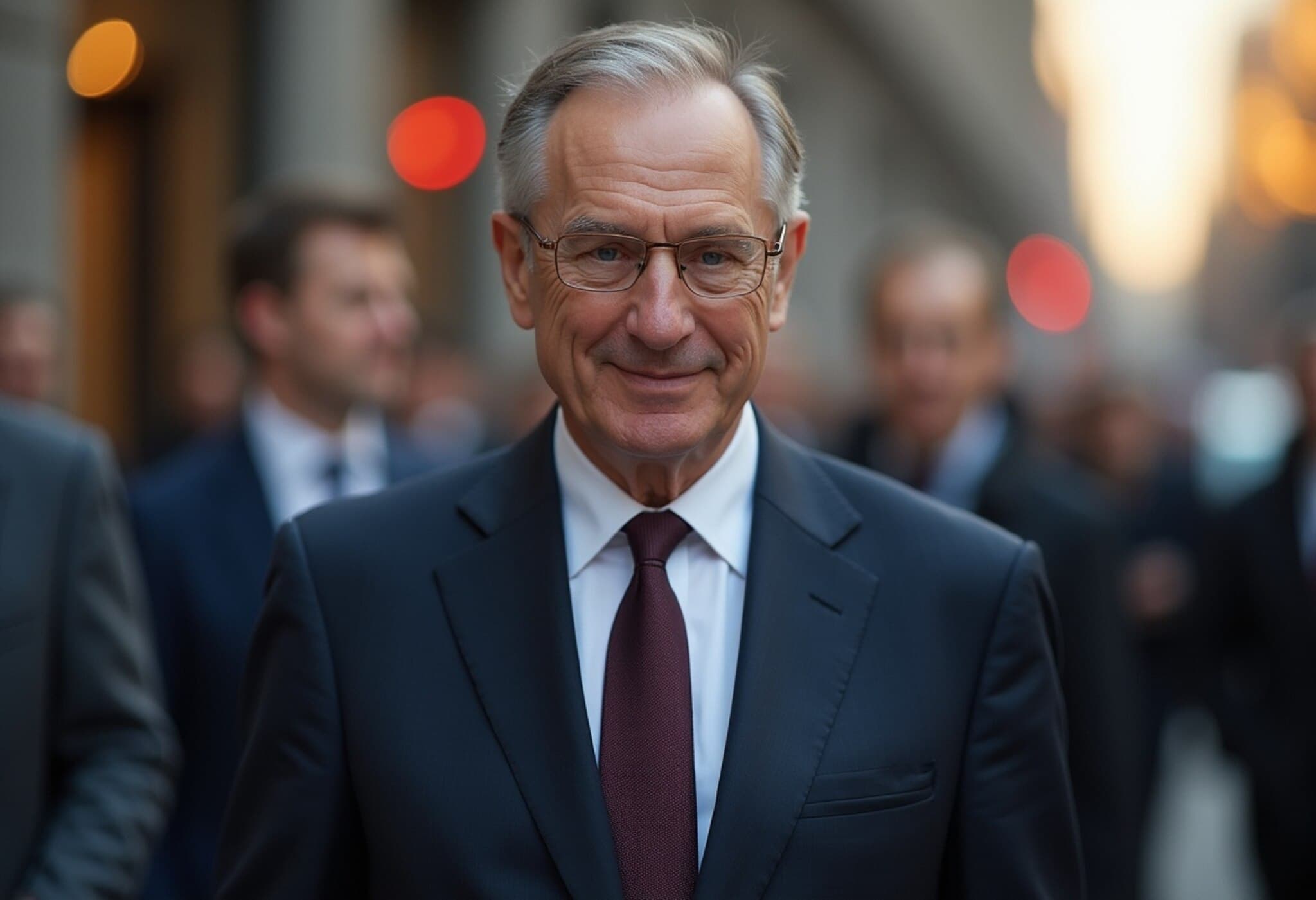Attorney General Pam Bondi Initiates Grand Jury Investigation into 2016 Election Review
In a move that has reignited political tensions, U.S. Attorney General Pam Bondi has directed Justice Department prosecutors to launch a grand jury investigation into whether former Obama administration officials committed federal crimes during their review of Russian interference in the 2016 election. A senior Trump administration official confirmed the development, highlighting the high-stakes political environment surrounding the probe.
Claims of a 'Treasonous Conspiracy' and Political Backlash
National Intelligence Director Tulsi Gabbard, at a White House press conference last month, asserted that top Obama-era officials orchestrated a "treasonous conspiracy" against then-President Donald Trump. Gabbard announced she was forwarding criminal referrals to the Justice Department, escalating partisan rhetoric around the issue.
However, critics have quickly denounced this investigation as politically motivated. A former senior Justice Department official described the probe as a "dangerous political stunt," while a former national security official noted that multiple bipartisan reviews, including Republican-led inquiries, have found no evidence of criminal wrongdoing among Obama administration officials.
Details and Scope of the Investigation Still Emerging
The Trump administration official emphasized that the grand jury process is still in its early phases, with no clear timetable for convening or completion. A letter from Bondi instructs an unnamed federal prosecutor to begin presenting evidence to a grand jury, aiming to secure potential indictments. Yet, the letter refrains from specifying the charges, targets, or venue for proceedings.
The Justice Department has declined to comment on the unfolding investigation. Meanwhile, Democratic lawmakers argue the probe serves as a distraction amid ongoing controversies, such as the Jeffrey Epstein case, and accuse conservative media of amplifying unfounded conspiracy theories.
Context: Bipartisan Findings on Russian Election Interference
Notably, a comprehensive 2020 bipartisan Senate Intelligence Committee report refuted claims of a coordinated conspiracy by Obama officials against Trump. The committee — chaired by then-Senator Marco Rubio, a Republican — concluded that while irrefutable evidence of Russian meddling in the 2016 election was found, there was no collusion between the Trump campaign and Moscow.
"The Committee found no evidence of collusion," Rubio stated at the time. "What the Committee did find however is very troubling. We found irrefutable evidence of Russian meddling."
Political Overtones and Ongoing Controversies
This grand jury investigation represents the latest chapter in Donald Trump’s efforts to challenge the narratives around the 2016 election and the subsequent Russia probe. Democrats have accused Trump of wielding government power to retaliate against political adversaries and extend his influence.
Trump and his allies have long insisted that intelligence and law enforcement officials exaggerated or manipulated evidence regarding Russia’s election interference in a deliberate attempt to undermine his presidency. Former FBI Director James Comey and CIA Director John Brennan have been singled out by Trump and his supporters, though both have denied any wrongdoing. A lawyer for Comey declined to comment.
Special Counsel Investigations and Divided Public Opinion
The complex saga of 2016 election interference has polarized American politics deeply. Special Counsel Robert Mueller’s investigation confirmed Russian attempts to influence the election against Hillary Clinton but did not establish collusion between the Trump campaign and Russia. On the other side, Special Counsel John Durham’s probe, appointed by Trump, similarly found no criminal conspiracy or evidence that intelligence assessments were fabricated.
Despite this, Trump has persistently portrayed Obama administration figures as guilty, including sharing doctored imagery portraying former President Barack Obama in handcuffs. This rhetoric exacerbates political divisions and raises concerns about the politicization of justice.
Implications for American Democracy and Legal Integrity
Legal experts worry that investigations driven by political motives risk eroding public trust in foundational justice institutions. The unprecedented use of grand juries to potentially indict former officials for their intelligence assessments—actions traditionally protected by executive privilege or legal immunity—poses serious questions about the boundaries between political accountability and abuse of power.
As this investigation unfolds, Americans and policymakers alike must grapple with the balance between ensuring transparency in government actions and avoiding the weaponization of legal tools for partisan gain.
Editor’s Note
This latest development highlights the ongoing struggle in American politics where legal processes intersect with deeply polarized narratives. While advocates on both sides claim justice and truth, the broader question remains: how can democratic institutions maintain impartiality and public confidence amidst fierce political battles? The unfolding grand jury investigation spearheaded by Pam Bondi invites scrutiny not only of past election interference concerns but also of how power is wielded in the pursuit of justice.
Key questions to watch going forward include:
- Will the grand jury produce indictments, and if so, against whom?
- How will this investigation affect upcoming elections and public trust?
- Can legal institutions resist becoming tools for political retribution?
The answers may shape the future of America's political and judicial landscape for years to come.

